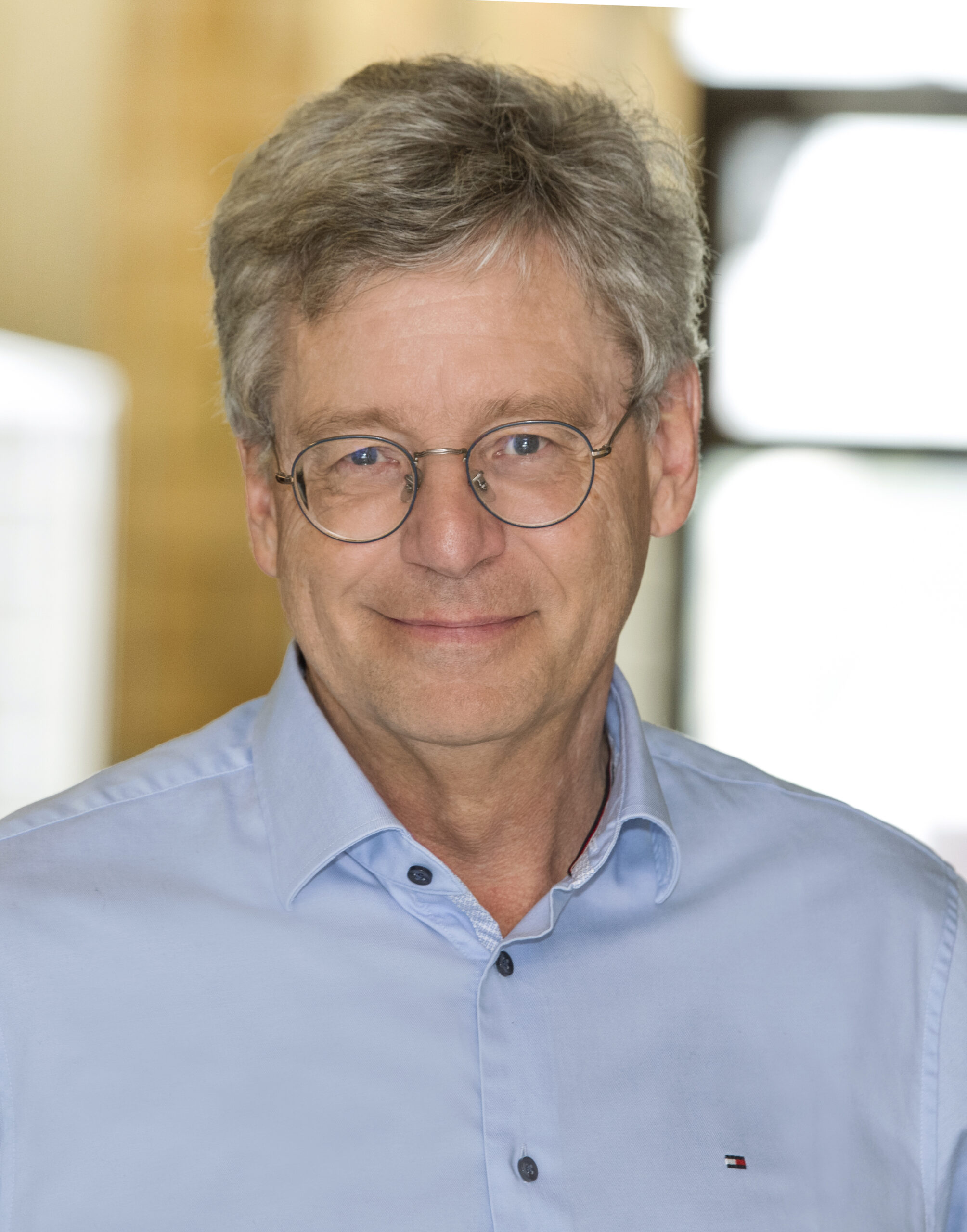Biography
Andreas Plückthun (born May 7, 1956) studied chemistry at the University of Heidelberg and received his graduate education at the University of California at San Diego, where he obtained a Ph.D. in 1982 with Prof. Edward Dennis. He was a postdoctoral fellow at the Chemistry Department of Harvard University (1982-85) where he worked with Prof. Jeremy Knowles. From 1985 until 1993, he was group leader at the Genzentrum and Max-Planck-Institute for Biochemistry in Martinsried, Germany. He was appointed to the faculty of the University of Zurich as a Full Professor of Biochemistry in 1993.
In 2003 he became an elected member of the German National Academy of Science Leopoldina, and in 2000 he had been elected a member of EMBO.
In 2016, he received the Christian B. Anfinsen award of the Protein Society, cited as a ‚Pioneer of Protein Engineering‘. He was the co-recipient of an a Synergy Grant from European Research Council (ERC) in 2018, and in 2011 he received an ERC Senior Investigator Grant. In 2002 he received the J.P. Morgan Chase Health Award (San Jose, CA, USA), the Wilhelm-Exner Medal (Vienna, Austria) and The Jury’s Grand Prix (European Grand Prix for Innovation, Monaco). In 2001 he became a finalist in the World Technology Award in the Biotechnology category (London, UK), and in 2000, he received the Karl-Heinz-Beckurts Award (Munich, Germany). In 1990, he had received the Young Investigator’s Award of the German Chemical Industry.
His research achievements include fundamental contributions enabling the emergence of antibody engineering, notably by the use of E. coli as an engineering platform, studies on synthetic antibodies which led to the first fully synthetic antibody library, the development of ribosome display — a true in vitro protein evolution technology—, and the development of the Designed Ankyrin Repeat Protein (DARPin) technology. Subsequently, his laboratory developed technologies for evolving stable G-protein coupled receptors for advancing their detailed study. More recently, his laboratory developed technologies to create synthetic virus-like particles, based on adenovirus, to target specific cells and organs.
His research remains centered on protein engineering, combining protein design, directed evolution, biophysical basic research and biomedical applications. While protein engineering is always in the center, his research is very interdisciplinary.
In 1992, he co-founded the Munich biotech company MorphoSys AG (history) (listed on the Frankfurt TecDAX), based on his antibody engineering work, and he served as a member of the supervisory board and as Chief Scientific Advisor until 2007. In 2004, based on his DARPin technology, he co-founded the Biotech Company Molecular Partners AG which is located in Zurich-Schlieren, (listed on Swiss Exchange SIX in Zurich), where he served on the Supervisory Board until 2018. Together with the other founders he was awarded the Swiss Technology Award and the De Vigier Award in 2005. In 2014, based on his GPCR engineering work, he cofounded the Biotech Company G7 Therapeutics (now Heptares, Part of the Sosei Group, listed on the Tokyo Stock exchange). Based on his adenovirus engineering work, in 2021 he cofounded the Basel biotech company Vector BioPharma, where he serves on the Supervisory Board.
Please also see interviews, news and press releases.

